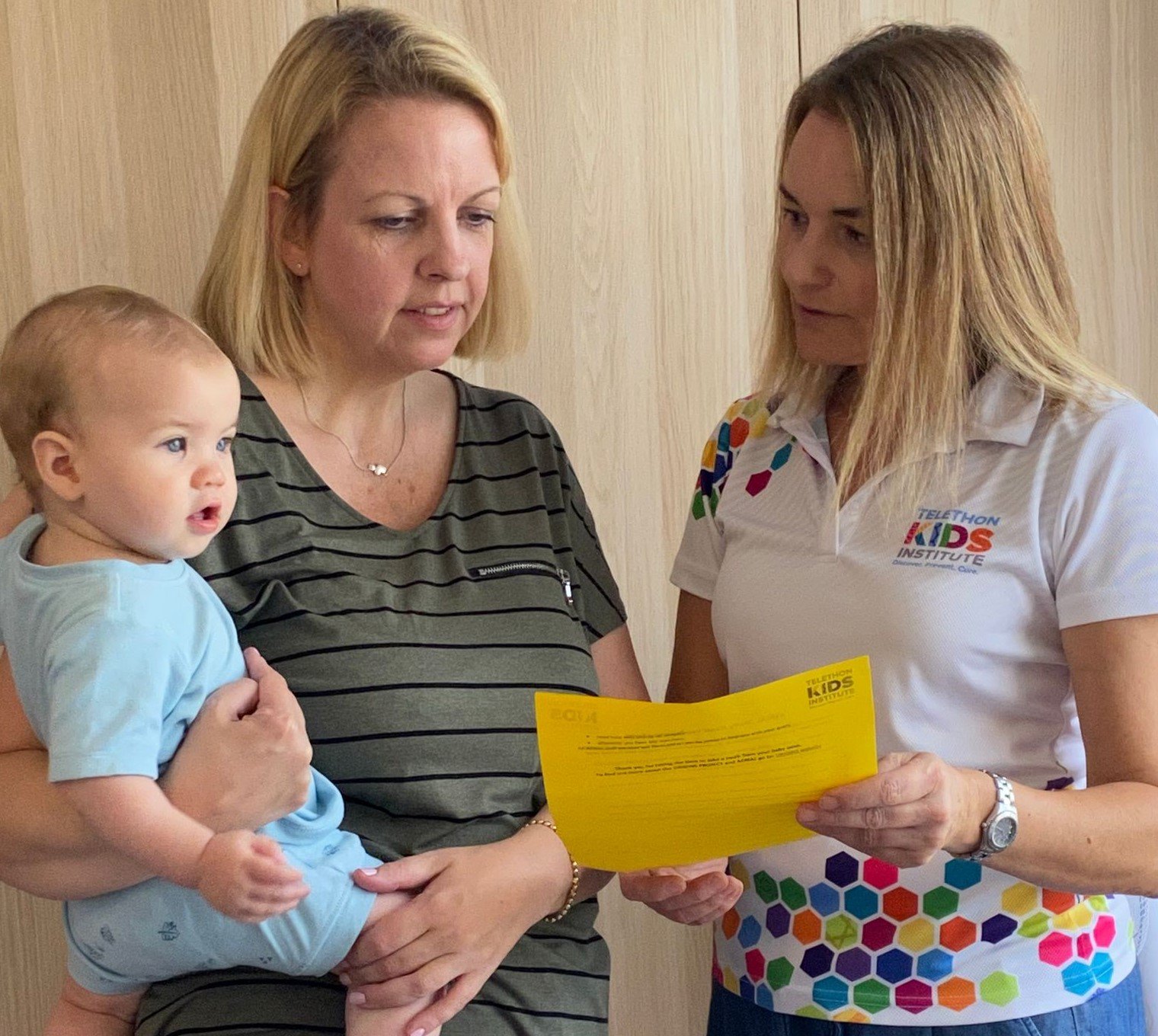Search
Showing results for "early life"
Research
BronchiolitisBronchiolitis is a respiratory infection, usually occurring in babies under six months of age. It causes them to wheeze and can lead to pneumonia. Researchers are focusing on vaccines against the virus which commonly causes it.
Find newsletters, guidelines, publications and videos in the one spot.

Find out about the research outputs for the Development Pathways Project, and see the published research outcomes.
Research
Finding new, safer and targeted therapies for paediatric brain cancer that amplify responses to radiation therapyRadiation therapy is an essential component of brain cancer treatment. However, the high doses currently required are extremely damaging to the growing brains and bodies of children.

Find answers to frequently asked questions about ORIGINS.
Find out how to participate in our research and community group
Research
A surgically optimized intraoperative poly(I:C)-releasing hydrogel prevents cancer recurrenceRecurrences frequently occur following surgical removal of primary tumors. In many cancers, adjuvant therapies have limited efficacy. Surgery provides access to the tumor microenvironment, creating an opportunity for local therapy, in particular immunotherapy, which can induce local and systemic anti-cancer effects.

News & Events
T1D and COVID-19: what have we seen so far and what do we expect?We know many families have questions about the risk of COVID-19 to children with type 1 diabetes. To address these questions, Perth Children’s Hospital’s Diabetes Clinic has provided information and resources to help you navigate this tricky period.
Research
Systematic Review of Household Transmission of Strep A: A Potential Site for Prevention That Has Eluded AttentionAlthough Streptococcus pyogenes (Strep A) is the sixth-most common infectious disease globally, its transmission within the household remains an understudied driver of infection. We undertook a systematic review to better understand the transmission of Strep A among people within the home, while highlighting opportunities for prevention.
Research
Ear InfectionsMiddle ear infections are one of the main reasons that children visit a GP, are prescribed antibiotics and need surgery. Aboriginal children are particularly susceptible and commonly suffer from hearing loss which can affect speech and learning.
